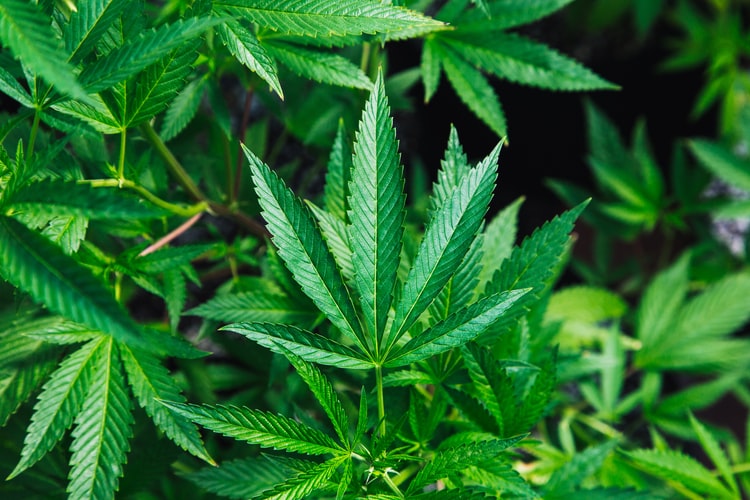Cannabis, also known as cannabis, is a drug that induces a variety of physical and psychological effects. Cannabis generally contains between 5% and 15 percent tetrahydrocannabinol (THC) which is the chemical that is responsible for the majority but not all of the psychological impacts of the plant.
Legalizing marijuana will allow the drug to be taken out of the hands of criminals and made accessible to police agencies. Production would be regulated by authorities, which would allow them to examine the quality, purity, potency, and harmful substances before distribution to the public. In order to increase revenue for the state, taxes could also be assessed on cannabis products.
Closely linked with this argument is the idea that legalization of marijuana could lead to more efficient allocation of resources by police. In some places the legalization of marijuana has led to a plethora of squalid prison conditions in minor drug offenders. This is a result of diverting funds from fighting violent crime.

Legalization permits authorities to regulate the process of distribution. Quality standards could be implemented so that drugs are not distributed to children in schools who may think they are candy. Dealers do not have the motivation to stop selling illegal substances to children as young as. The government would be able to tax marijuana sales as well as allow them to take a percentage of the profit generated by its production and distribution. The reduction in crime that legalization results with a decrease in state costs due to the less need for police.
Legalization would also allow the government to regulate the negative effects on the environment of marijuana production. Some are worried that large-scale marijuana growth could cause destruction of forests, soil erosion and depletion, as well as the pollution of chemicals. In allowing the state to oversee cultivation practices, these negative environmental effects can be reduced or eliminated.
Legalization could allow for better education programs regarding the use of marijuana. The programs could be targeted at adolescents and young children as they are informed of the possible harmful side effects from the use of marijuana. Instead of being hidden from customers by drug dealers with no incentive to keep them up to date, information about how to use drugs safely is available to everyone interested in learning more about their effects.
Legalization will also permit the state to monitor and tax the illicit drug trade. Legalization could mean higher revenue for the state, as well as the reduction of crime and its detrimental social consequences. The environmental negative effects of marijuana production can be minimized or avoided by authorities of the state who will be in charge of monitoring cultivation methods and locations for growing. Finally, better education programs regarding marijuana usage could let people make informed choices regarding its consumption.
There are many reasons for legalizing marijuana. There aren’t many arguments against marijuana are made. Criminalization’s negative consequences far outweigh any benefits that could result from it. Because of this, it is obvious that the government must allow for the production, distribution and use of marijuana for recreational purposes.
For more information, click cannabis stocks
